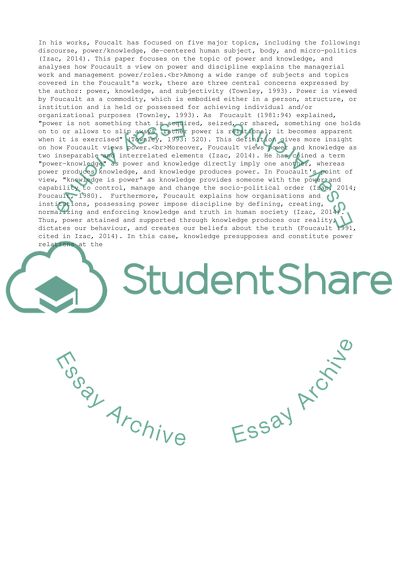Cite this document
(“MANAGING Essay Example | Topics and Well Written Essays - 2750 words - 1”, n.d.)
MANAGING Essay Example | Topics and Well Written Essays - 2750 words - 1. Retrieved from https://studentshare.org/business/1680467-managing
MANAGING Essay Example | Topics and Well Written Essays - 2750 words - 1. Retrieved from https://studentshare.org/business/1680467-managing
(MANAGING Essay Example | Topics and Well Written Essays - 2750 Words - 1)
MANAGING Essay Example | Topics and Well Written Essays - 2750 Words - 1. https://studentshare.org/business/1680467-managing.
MANAGING Essay Example | Topics and Well Written Essays - 2750 Words - 1. https://studentshare.org/business/1680467-managing.
“MANAGING Essay Example | Topics and Well Written Essays - 2750 Words - 1”, n.d. https://studentshare.org/business/1680467-managing.


